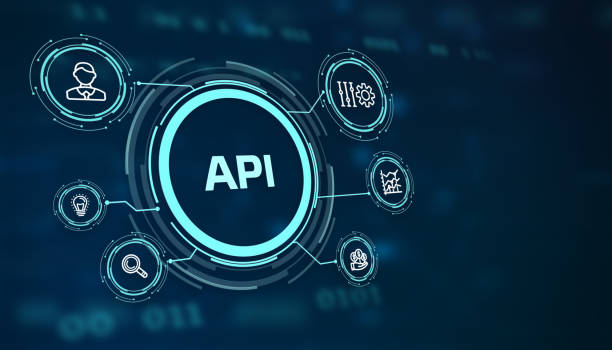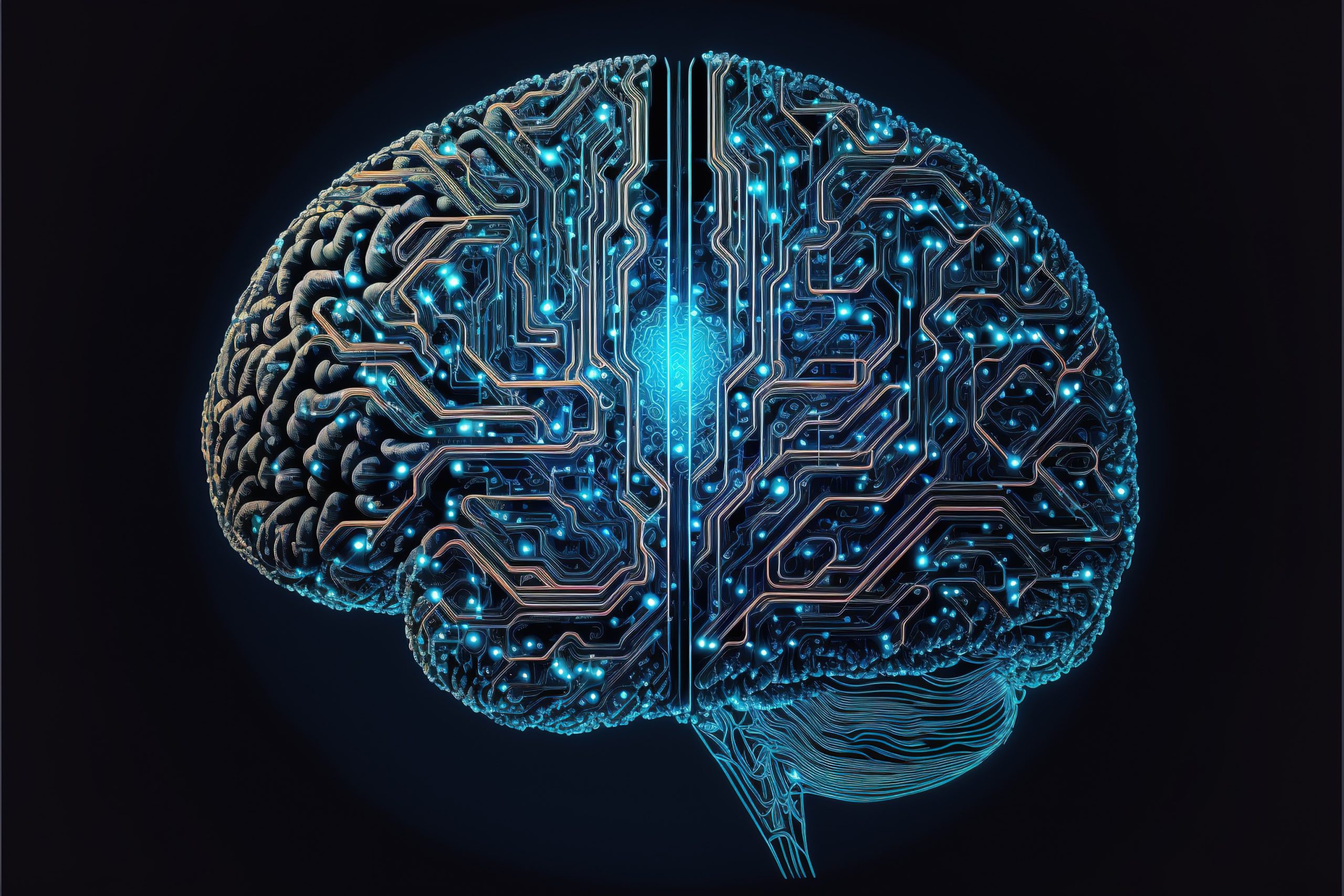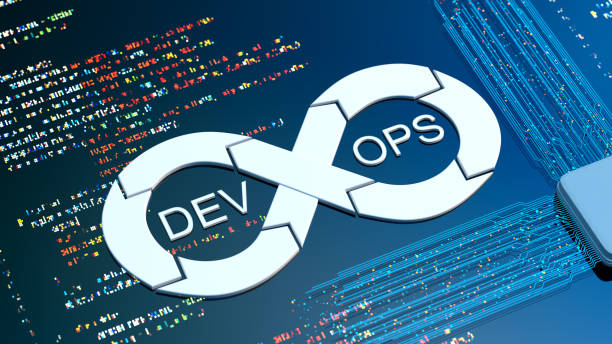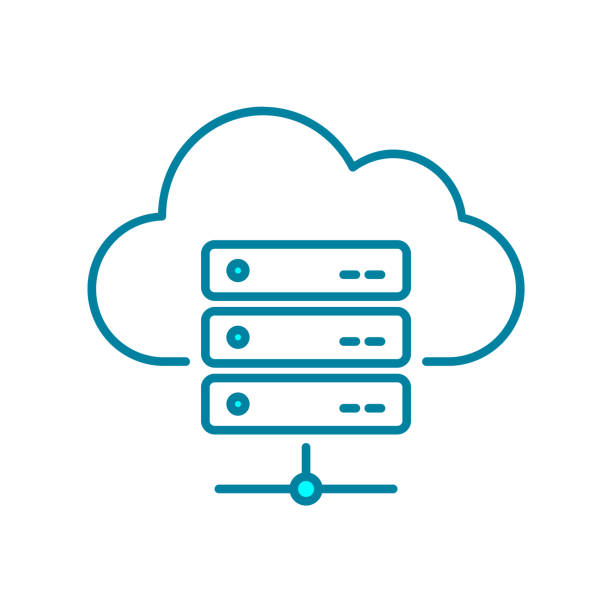Author: admin
-

API-First vs. Data-First A Competing Paradigms in Enterprise Integration
System integration is no longer a luxury in today’s fast-evolving enterprise IT landscape. It’s a necessity. Whether you’re modernising a legacy stack, building digital customer experiences, or enabling internal collaboration, the ability for systems to connect and share information seamlessly is essential. At the heart of this challenge lies a fundamental choice in approach: API-first…
-

Neuro-Symbolic AI: A New Chapter for Explainable Enterprise AI
In enterprise AI, performance isn’t everything, trust and transparency are just as critical. As models grow more complex and their decisions shape high-stakes outcomes in finance, healthcare, supply chain, and HR, the demand for explainability has never been greater. Enter neuro-symbolic AI, a hybrid approach that may finally bridge the gap between black-box intelligence and…
-

Zero-Config DevOps: Is the NoOps Dream Finally Real?
DevOps has long been the cornerstone of modern software delivery. From its roots in breaking down silos between development and operations to enabling continuous delivery pipelines, DevOps has revolutionized the way teams collaborate and ship code. However, as powerful and transformative as it is, one common challenge remains: complexity. DevOps practices often involve intricate configurations,…
-

Multi-Cloud vs. PolyCloud: Why the Distinction Matters
The terms multi-cloud and poly-cloud are often used interchangeably in enterprise IT discussions, but they shouldn’t. While both involve using services from multiple cloud providers, the strategic intent, architecture, and operational challenges differ significantly. As cloud environments mature and business needs grow more complex, understanding the distinction is critical for avoiding costly pitfalls and unlocking long-term…
-

LLM Fine-Tuning vs. Retrieval-Augmented Generation (RAG): What’s Right for Your Business?
Introduction As enterprises adopt generative AI, particularly large language models (LLMs), a key decision arises: Should you fine-tune the model or implement Retrieval-Augmented Generation (RAG)? This choice isn’t just about architecture. It affects everything from performance and cost to compliance and agility. Understanding both options’ strengths, trade-offs, and business implications is crucial for making the…